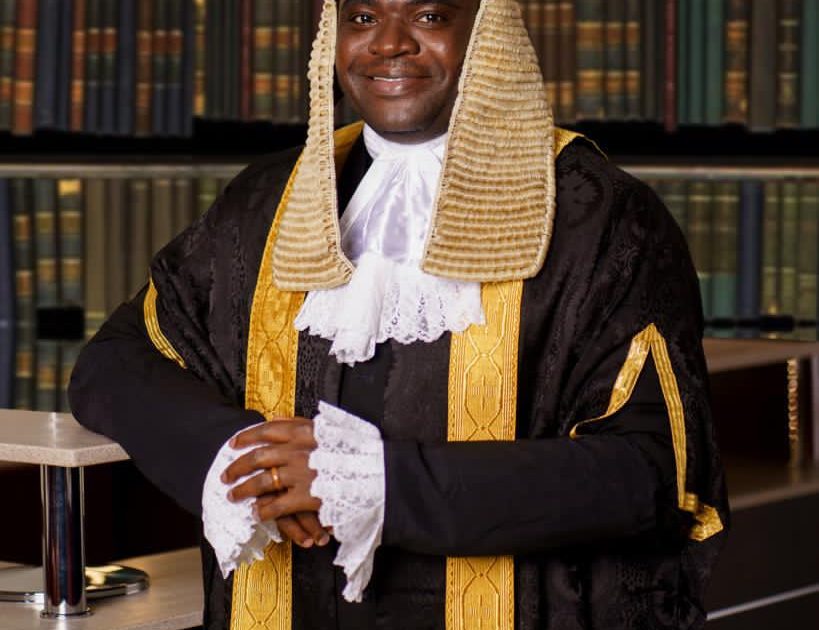Damilola Olawuyi, president of the International Law Association in Nigeria and a Senior Advocate of Nigeria, emphasized the critical need for skilled individuals in international law to attract vital trade, investment, and financial resources necessary for Nigeria to solve its pressing domestic challenges. Speaking recently at a ceremony for advanced studies in international law and diplomacy, he stressed that the right expertise is essential at the negotiation table to facilitate beneficial agreements for the nation. Olawuyi underscored that Nigeria is currently at a pivotal juncture, facing significant fiscal challenges, and that a well-equipped negotiation team could enhance the country’s economic prospects.
Referring to past experiences, Olawuyi cited the China-Nigeria agreement as a case in point, illustrating how a lack of understanding of international law can lead to unfavorable situations. He articulated that those who are proficient in the nuances of international law should lead such negotiations to safeguard Nigeria’s interests. He further expressed the urgent need for financial inflows to mitigate the ongoing economic difficulties faced by the populace, asserting that the ability to negotiate effectively is fundamental in international law. His perspective highlighted the program’s intent to nurture the next generation of leaders in international law, prepared to engage competently at a global level.
In alignment with Olawuyi’s sentiments, prominent international lawyer Olufemi Elias reacted to news of Nigeria’s limited three votes at the UN Security Council, framing it not as a setback but rather a point of pride since Nigeria did not put forth a candidate for election. Elias articulated that discussing Nigeria’s involvement in international law is vital, especially in the context of contemporary issues such as climate change and armed conflicts. He emphasized that the certificate program aims to empower participants with an understanding of legal frameworks, enabling them to discern what constitutes lawful actions in international contexts.
Elias’s viewpoint reflects a broader understanding of international law’s relevance in today’s interconnected world, where legal knowledge can significantly impact negotiations and international relations. He concurred that even in situations where Nigeria may not actively engage in competitive global politics, it can still assert influence and garner respect on the international stage. The conversation around Nigeria’s place in the global legal terrain was enriched by these perspectives, suggesting that the country has untapped potential awaiting precise and knowledgeable negotiation strategies.
Adebisi Arewa, representing the Nigerian Institute of Advanced Legal Studies, echoed similar themes by highlighting the necessity of international law expertise in our increasingly globalized world. He articulated that as interactions now routinely cross national borders, a robust understanding of international legal principles becomes imperative for Nigerian representatives. Arewa noted that Nigeria currently faces a significant capacity deficit in this area, hindering its ability to engage meaningfully in important global legal discussions and negotiations.
In summary, the need for a well-prepared cohort of individuals skilled in international law is paramount for Nigeria in navigating its domestic challenges and improving its economic standing. The discussions led by Olawuyi, Elias, and Arewa reflect a unified recognition of the importance of international law education and expertise in fostering robust negotiation strategies. Investing in this human capital is integral not only for Nigeria’s immediate economic recovery but also for its long-term standing as a significant player in the international community. The collaboration between institutions, such as the Nigerian Institute of Advanced Legal Studies and the International Law Association, further underscores the commitment to developing legal proficiency that aligns with global standards—an essential step in securing Nigeria’s place in the international legal landscape.


